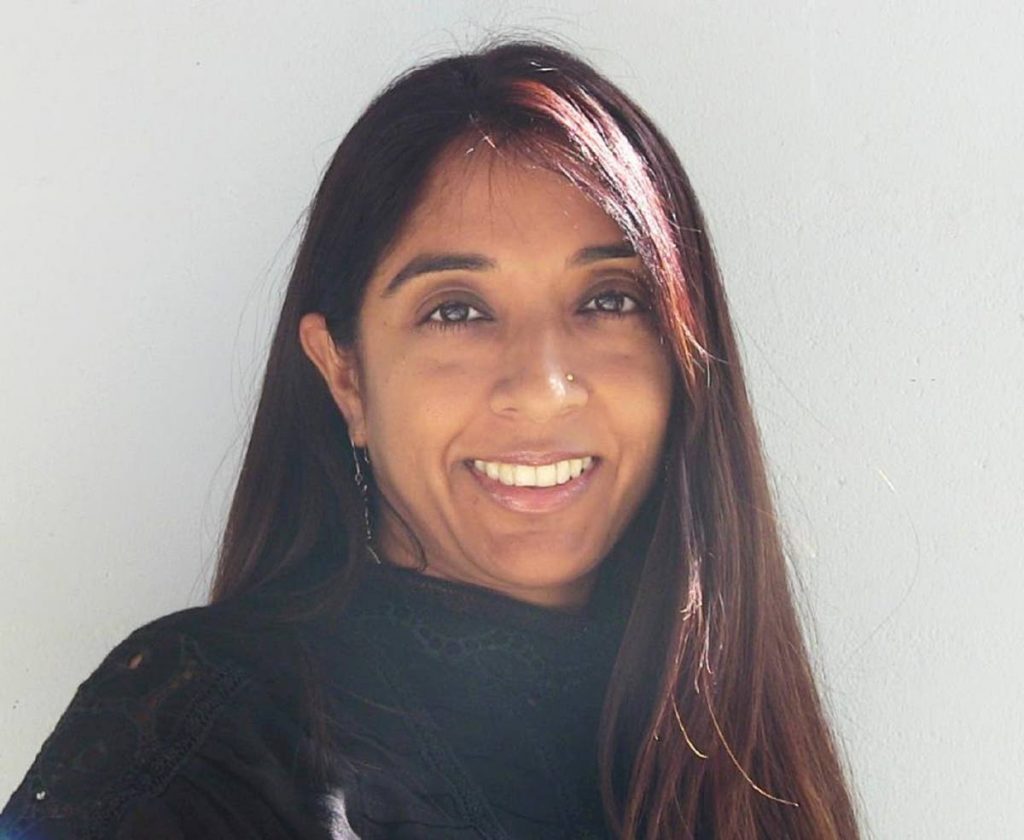Finding forgiveness in lockdown

DR GABRIELLE JAMELA HOSEIN
FORGIVENESS IS a beautiful and powerful act of showing the capacity and strength to free oneself from an old hurt. This must be why Archbishop Jason Gordon was quoted as recommending forgiving your family “because the house is too small to hold unforgiveness on top of everything else.”
As many come to terms with being locked indoors with people who have hurt us in the past or may still in the future, figuring out how to survive psychologically requires emotional power, flexibility and insight – and good advice.
We could be home with sexually abusive adults or with homophobic parents. We could be home with partners quick to insult and anger or with cousins prone to lack of consideration. We could have been on the verge of divorce, but are now in each other’s face with our hate daily. We could be holding on to the date when we are all released to the outdoors by the State, but also living with uncertainty about the risks that then increase.
Now that we are in a prolonged period of psychological stress, perhaps from the sheer unfamiliarity of this time or from our disconnection with those closest to us or from depression that has fewer distractions, many may not know how best to cope.
Given the vast rates of everyday neglect, child sexual abuse and partner violence, affecting thousands of households and tens of thousands of lives, there’s a lot to forgive filling all the spaces in houses too small to hold unforgiveness.
Naive pontification undermines deeply-held dreams of confronting harm and being heard such that the house includes trust and safety, sometimes for the first time in decades, and can expand beyond the meanness of hardened disappointment and cynicism
Our messaging, from pulpit to politician, needs to be better. Forgiveness is an outcome, not a beginning. It is impossible where fear and hurt create the experience of both a desire for justice and its denial. It requires a process which can be painful and difficult, and simply espousing the value of forgiving can deepen self-blame among survivors for their inability to act normally and as if nothing ever occurred. Indeed, in complex ways, survivors often blame even themselves and forgiveness is a knotty process of disentangling from so much that creates fear, shame and silence in our relationships with ourselves as well as each other.
So, there’s an opportunity for pastoral care, psychologists and state press conferences. Be real with the population, recognising deep trauma that resides within the places where we are now confined. Respond with messages beyond updates on infection and calls for physical distancing, as crucial to life and death as an epidemiological approach may be.
Those daily press conferences can expand their communication with the nation and help many people who have never disclosed their abuse, who will now see their abuser daily, who are descending into dissonance about how to be themselves among those who don’t understand or accept them.
By guidance, I don’t mean a day of prayer nor do I mean telling people to forgive without also affirming their right to acknowledgement of harm, apology and consent to a new foundation for relationship.
It’s a good time to bring in our best psychologists – not pastors or priests or pundits or imams – to every press conference to provide focused coping strategies for individuals struggling in all these destructive households, in order to not assume some ideal (and fictive) loving and conflict-free nuclear family model as the target of covid19 emergency policy.
Now that we have been told to stay at home, families are caught in a public policy decision for which they may not have the guidance, process, tools, words or safety to cope. We need to be helped to do so for our old ways of walking away or not being at home until late or escaping to work or school or a bar or for exercise will no longer do.
All state press conferences should offer such coping strategies, assuming that homes are the very places where we may least want to be.
We shouldn’t start with the house being too small to hold unforgiveness. Forgiveness is a gift just as much as unforgiveness is a defence, and it takes communication, courage, love and truth to exchange them. As much as it is a beautiful ideal, we must now take seriously how to manage weeks, maybe months, in homes that have long had little room for so much of what we feel.
Diary of a mothering worker
Entry 369
motheringworker@gmail.com


Comments
"Finding forgiveness in lockdown"